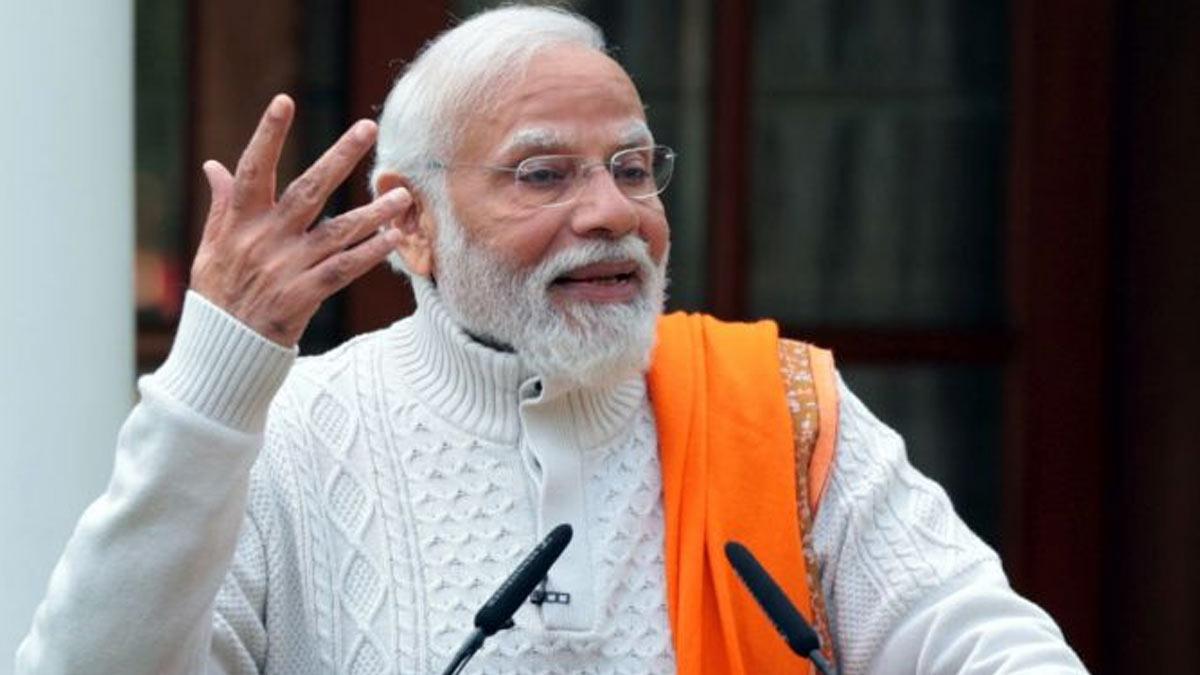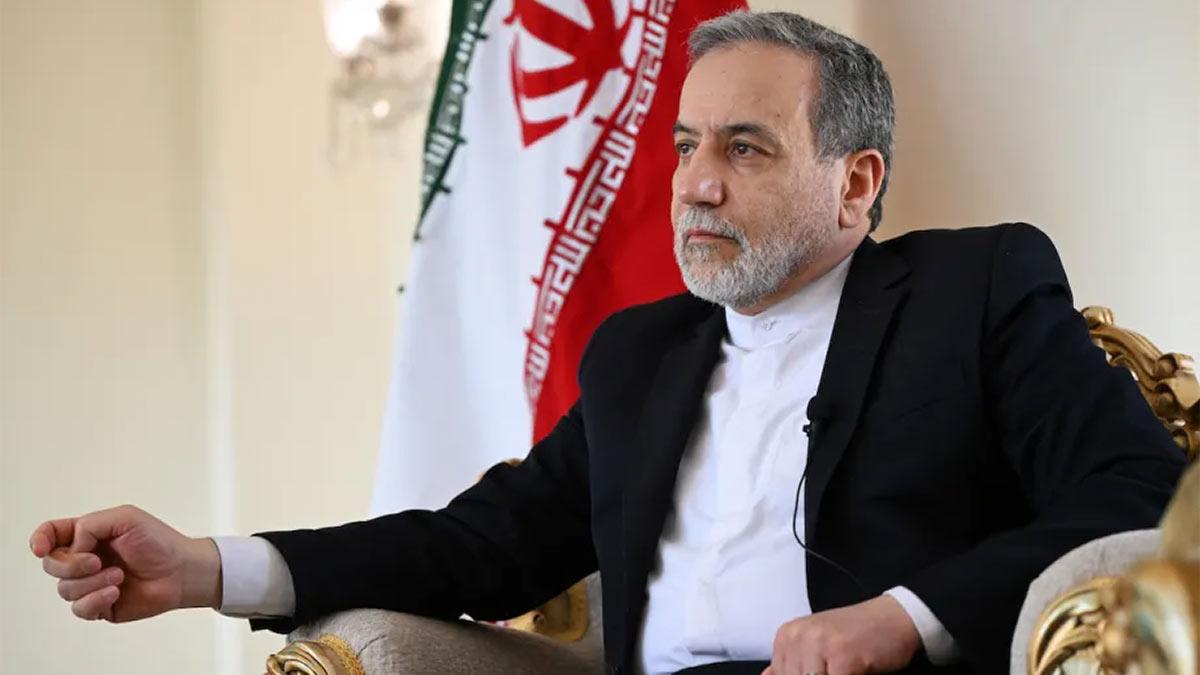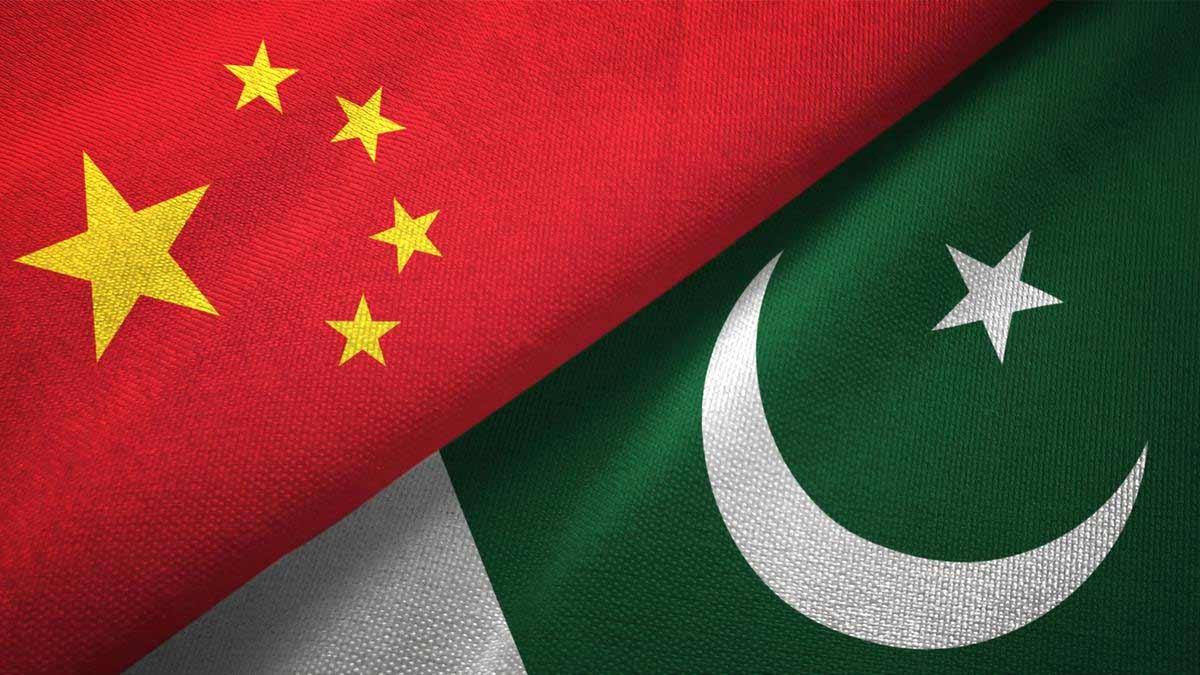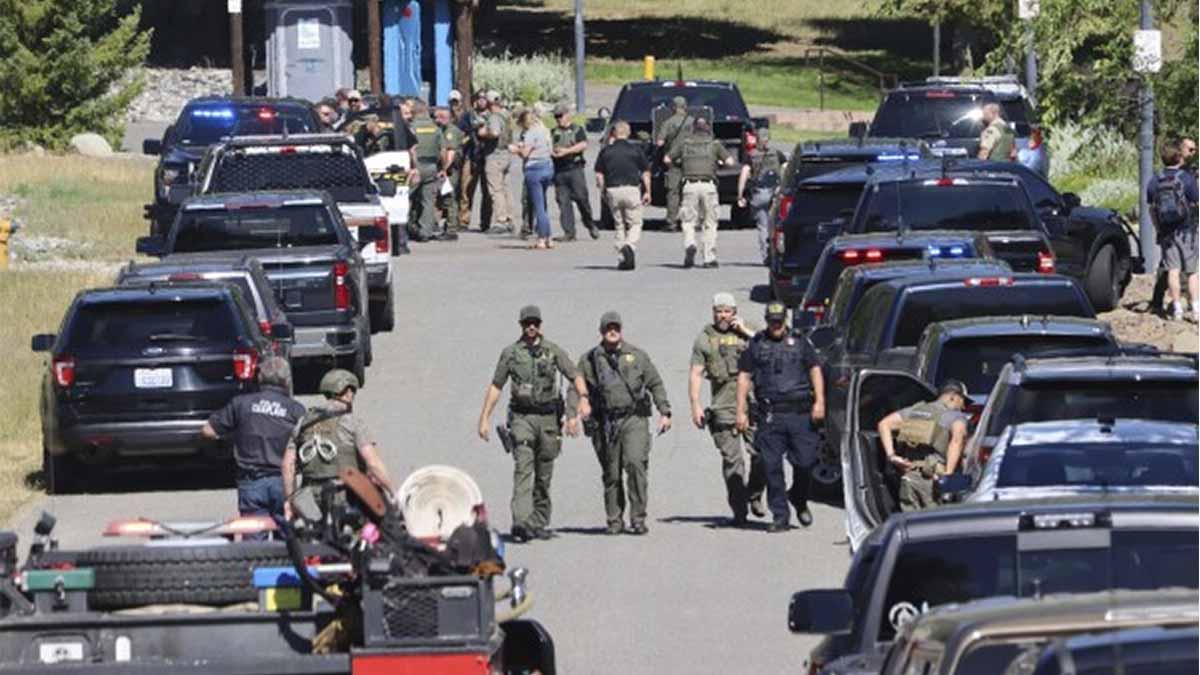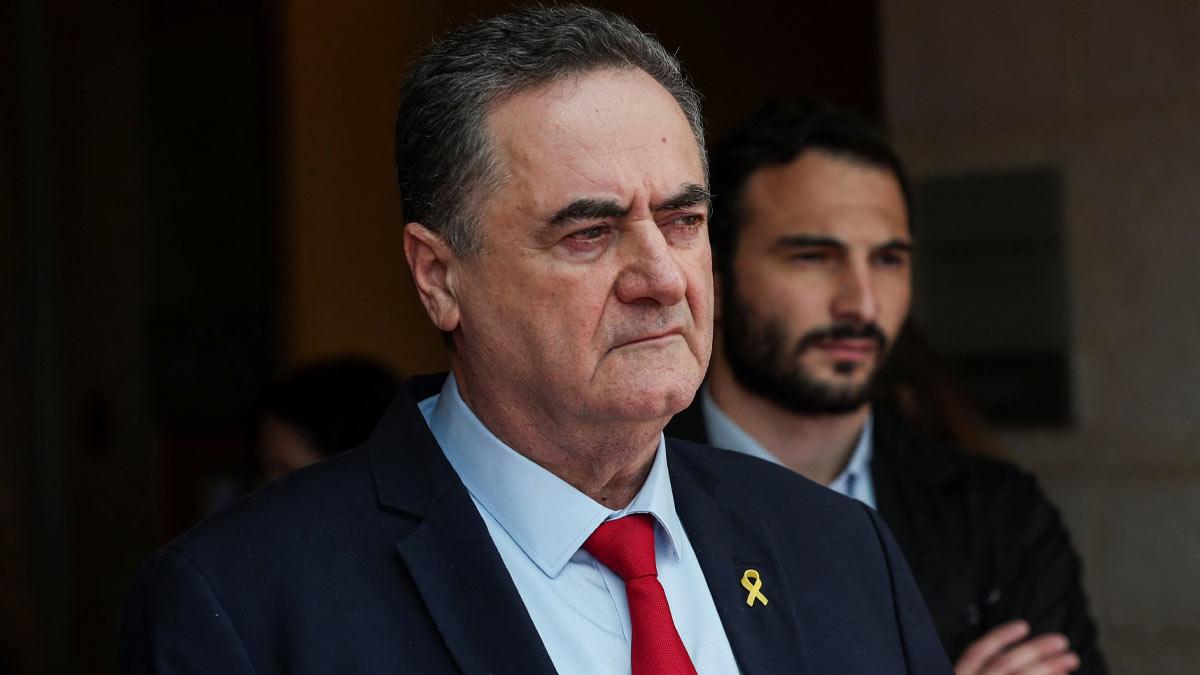Acknowledging that all wars across all regions were causing more harm to the Global South, Prime Minister Narendra Modi on Friday reiterated the urgent requirement that peace and stability must return to Eurasia and West Asia.
Speaking on the 19th East Asia Summit, Modi stated once again that the problems of the world cannot be solved by war.
He also underlined that a free, open, inclusive, prosperous, and rule-based Indo-Pacific was imperative for regional overall peace and development.
During the speech, he stated it was necessary for the greater interest of the Indo-Pacific region for the peace, security, and stability of the South China Sea.
"We believe that maritime activities should be in line with the UN Convention on the Law of the Sea (UNCLOS). Ensuring freedom of navigation and airspace is a priority. A robust and effective Code of Conduct must be devised and should not circumscribe the foreign policy autonomy of regional nations," Modi said.
"Our efforts should go into development, not expansionism," he added.
Reflecting on the negative impact of conflicts globally, particularly on the Global South, Modi reiterated his call for peace and stability in both Eurasia and West Asia.
"Very truly, I come from the land of Buddha, and I have often said that this is not an era for war. Solutions cannot emerge from the battlefield," he said.
He said the country believes in maintaining respect for sovereignty, territorial integrity, and international laws. There should be a humanitarian approach with diplomacy and dialogue.
Modi says India will continue its contributions towards this effort
Commitment to being the 'Vishwabandhu'
Modi made the remarks at a time when the conflict between Ukraine and Russia is going on in Eurasia and war has broken out between Israel and Hamas in West Asia.
"Terrorism is still a serious threat to global peace and security. Forces that stand for humanity must unite to combat it," Modi said.
He began his address with condolence messages addressed to people who lost their lives in "Typhoon Yagi," one of the deadliest cyclones recorded over Southeast Asia and South China in September this year.
"In such trying moments, we extended humanitarian support through Operation Sadbhav," he further added.
Modi reiterated India's long-standing commitment to ASEAN Unity and Centrality, underlining that ASEAN remains central to India's Indo-Pacific vision as well as Quad cooperation.
"There are considerable parallelisms between India's 'Indo-Pacific Oceans' Initiative' and ASEAN's 'Outlook on Indo-Pacific,'" Modi pointed out.
"We support ASEAN's approach to the situation in Myanmar and back the Five-Point Consensus. At the same time, we believe maintaining humanitarian aid is crucial," he added.
He called for taking steps to restore democracy in Myanmar.
"For this to happen, Myanmar has to be engaged not isolated," he said.
Modi reiterated that India is duty-bound in the region as a neighborhood country.
He concluded by adding that the East Asia Summit played an important role in India's Act East Policy.

